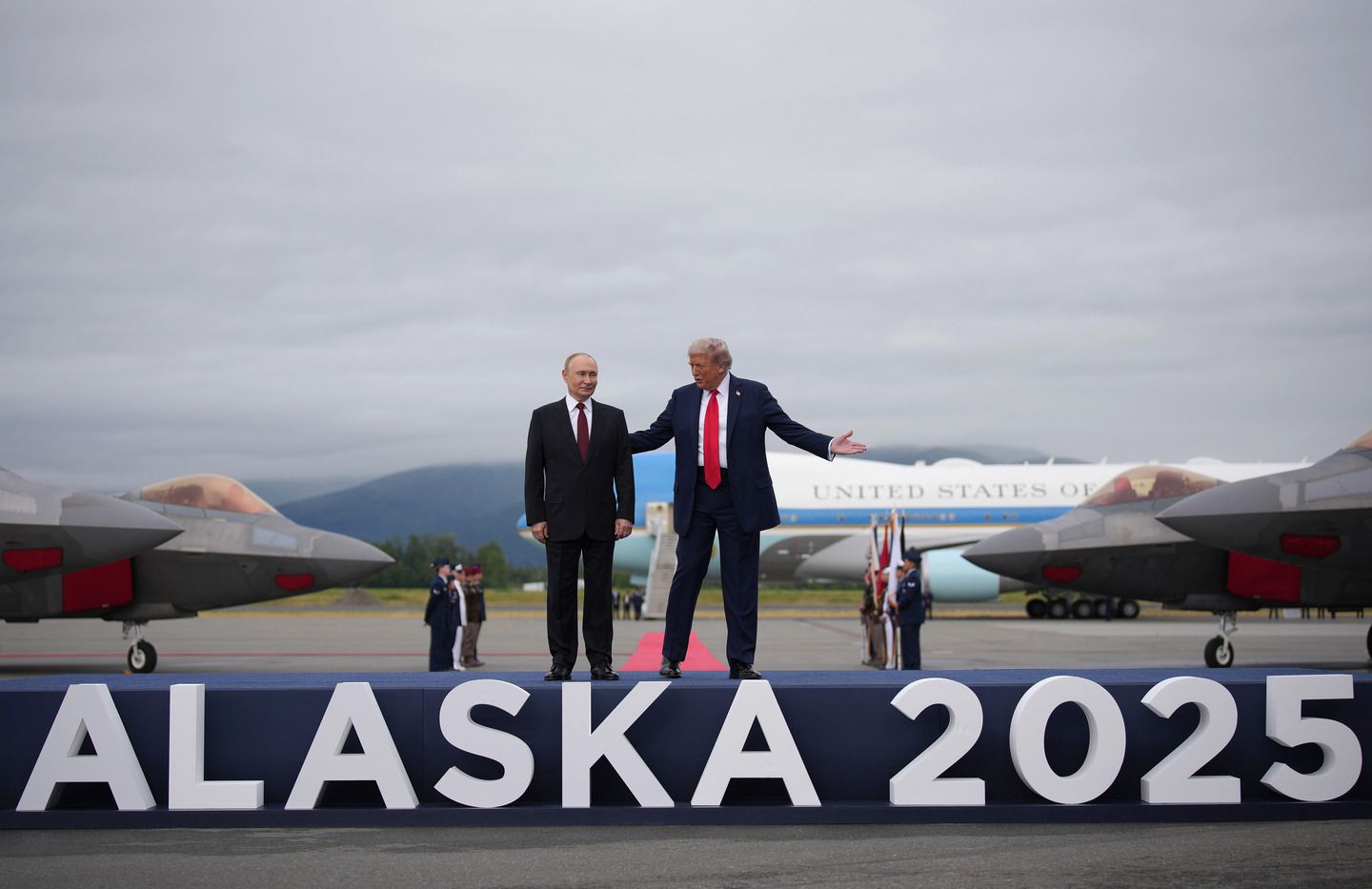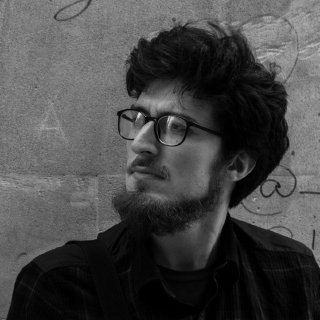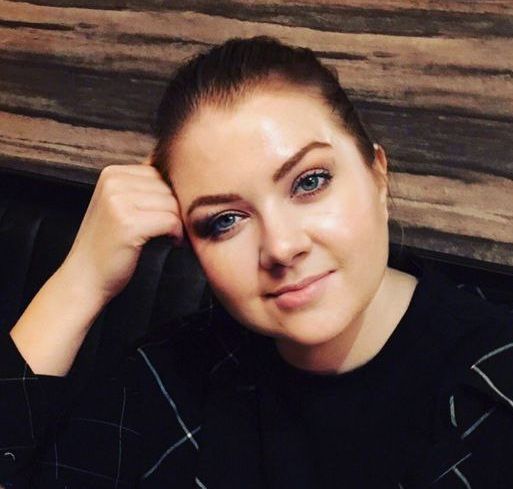Unexpectedly, Trump’s America appears to have replaced Putin’s Russia’s as the world’s biggest disruptor.
Alexander Baunov
{
"authors": [
"Alexander Baunov"
],
"type": "commentary",
"blog": "Carnegie Politika",
"centerAffiliationAll": "",
"centers": [
"Carnegie Endowment for International Peace",
"Carnegie Russia Eurasia Center"
],
"englishNewsletterAll": "",
"nonEnglishNewsletterAll": "",
"primaryCenter": "Carnegie Russia Eurasia Center",
"programAffiliation": "",
"programs": [],
"projects": [],
"regions": [
"Ukraine",
"Russia",
"United States"
],
"topics": [
"Foreign Policy"
]
}
Linking a ceasefire to a comprehensive peace treaty creates a possible opening, but it could also mean that Ukraine becomes a hostage for extracting concessions from Western countries.
The overall outcome of the Alaska summit can be summed up in one line: had U.S. President Donald Trump persuaded his Russian counterpart Vladimir Putin to agree to a ceasefire in Ukraine, the meeting would have been the U.S. leader’s success; any other outcome meant a win for Putin. And that is exactly what happened.
For a dictatorship, any direct contact with a legitimate democratic leader—especially the U.S. president—is already a diplomatic success. There has not been a dictatorship—from China and the Philippines to Spain and Chile—that failed to celebrate its leader’s summit with the United States as a triumph of its domestic and foreign policy. This perception of meetings with Americans as a festival of legitimation sets them apart from encounters between democratically elected leaders, which tend to be more businesslike.
Paradoxically, this is not entirely the case for Trump. He eagerly quotes praise from autocrats, from Eastern monarchs to de facto outcasts like Putin or North Korea’s Kim Jong Un. The reason is obvious: the democratic world and a large part of the American political class still do not fully regard him as one of their own, much less as their leader. Trump finds himself in the paradoxical position of the informal head of the democratic camp who nonetheless seeks external validation beyond it. This is not so much a shift to the side of autocrats as it is an attempt to prove his effectiveness to the doubters in his own camp. He is effectively saying: “While you achieve nothing with your arrogance, I am establishing contact, earning trust, and getting things done. Nor does the world revolve around you alone—others genuinely respect me.” In this sense, Trump also emerged a winner—at least in his own eyes.
Yet the summit was still a defeat for Trump. His invitation yielded no result, and he abandoned his own position of an ultimatum of a ceasefire or sanctions. Instead, the outcome is that he has moved closer toward Russia’s position that any ceasefire must be part of a large-scale peace settlement: effectively the “big deal with the West” to which Russia aspires. That too could end the war, but it requires far more time and effort than simply halting hostilities, and is far less likely to be achieved.
The substance of the meeting remains largely unknown, but its form and the sparse reports make it possible to draw some firm conclusions.
First, the summit was framed by Putin’s working trips to Magadan and Chukotka. The meeting was presented as historic on the one hand, and routine on the other: just another stop in a tour of Russia’s far northeast. That framing was insurance against disappointment. Even on the day of the summit, Putin was already generating the next news story in Russia’s Chukotka region.
Talks with Trump had initially been scheduled to last longer. Despite a peculiar remark by commentator Scott Ritter—an American military veteran long sustained by Russian propaganda—that the meeting would be brief because everything had already been agreed, it was announced that there would be two parts: a tête-à-tête and then a meeting with delegations. Later the format was tweaked to a smaller meeting followed by a working lunch in a broader group. In the end, however, both sides left without having lunch.
The political-diplomatic bloc did meet: the two leaders plus Russian Foreign Minister Sergey Lavrov and presidential aide Yuri Ushakov, along with U.S. Secretary of State Marco Rubio and special envoy Steve Witkoff. But the economic bloc did not. Russia’s finance minister Anton Siluanov, the Kremlin’s main point man on Trump Kirill Dmitriev, and defense minister (and chief economic planner) Andrei Belousov were left out, together with their American counterparts. That means that sanctions relief, big-ticket trade, and potential aviation and resource deals were never discussed. On at least one choice, Trump held firm: he did not allow himself to be distracted from the central issue of Ukraine by economic temptations.
This was confirmed by the brief press appearances of the two leaders. Putin’s remarks were strikingly shallow, given the importance the regime itself attached to the meeting. The first three minutes were nothing more than a boilerplate statement on historical ties and traditional friendship—the kind of draft embassies recycle for decades. Although coming from the mouth of Putin, as a dilettante historian on the throne, it seemed oddly fitting.
Another two minutes were spent noting that relations had reached rock bottom in the past four years (not mentioning his war of aggression as the reason), but that Trump was now restoring them to normal. By the sixth minute came another recycled note about growing trade and another compliment to Trump: confirmation that “this war would not have started under him.” Coming from the aggressor himself, that line was intended as Trump’s ultimate argument against the Democrats.
Barely 90 seconds of the eight-minute speech were devoted to the main subject: Ukraine. Once again, Putin praised Trump’s desire to “understand the roots of the conflict.” That meant yet another rendition of the same old leitmotifs: Kievan Rus, Catherine the Great, Lenin, NATO expansion, a coup, neo-Nazis, and the Minsk agreements. The references to “common roots” and a “brotherly people” confirmed the subject matter.
Trump was then expected to accept as fact that what is happening in Ukraine is a “fundamental threat to Russian security.” The Russian leader alone defines the term “fundamental,” and objections are not permitted.
Because the Ukrainian people are “brotherly,” Russia “sincerely” wants the war to end—but only together with the elimination of its “root causes,” and a “fair balance of European and global security.”
Here Trump, unlike in his earlier stance of “no trade until Ukraine is settled,” clearly allowed himself to be drawn toward the Kremlin’s line. His ultimatum to Putin had made a ceasefire the basic condition. After the meeting, nothing of that position remained. Trump wrote on Truth Social that what was needed was not an unstable ceasefire, but a full peace treaty. But in Russian terms, a treaty includes not only Ukraine but also the “root causes” and “indivisible security”—in practice, a Russian veto over what others may do.
Despite the lack of any deal, Trump made no mention in his very short remarks of secondary sanctions, timelines for peace, or interim steps such as halting strikes deep into each country’s territory. Such a moratorium could still emerge, but if it does, it will be the result of a personal request, not a formal arrangement.
Trump’s next steps are already clear. He is informing Zelensky and European leaders of the talks and of Putin’s proposals, recommending that most of them be accepted—because, in his own words, "Russia's a very big power and they're not." That can be seen as pragmatic recognition of “realities on the ground.” But it also sets new rules and precedents, which others may now exploit. The ball is now with Kyiv, NATO, and the EU. If they refuse to play along, Trump has the chance to step back and shift the risks onto his partners.
There remains a faint hope that Putin offered something more realistic to Witkoff and then to Trump ahead of the summit: otherwise it is unclear why it was arranged so quickly or why Trump was so upbeat afterward. No verifiable information has emerged, but since Trump is now speaking about it to a broad circle of politicians, details will inevitably surface—if there are any.
The upbeat tone and talk of rapid progress toward peace mean nothing by themselves. Trump was invested in the meeting and, like most investors, is now posing before the market pretending that his investment is successful and about to yield returns.
Linking a ceasefire to a comprehensive peace treaty—including, in Putin’s words, a “fair balance of European and global security”—creates a possible opening. It allows the conversation to move beyond total or partial Ukrainian capitulation, softening its concessions with broader adjustments: on military blocs, bases, strategic missiles, missile defense, sanctions, and criticism of Russia’s domestic policy, which will not change quickly even if the war ends.
But there is another side to that same connection. It could mean that ending the war against Ukraine now depends not only on Ukrainian concessions but also on how far the West is prepared to retreat in Europe and globally. In other words, Ukraine is becoming a hostage for extracting concessions from other countries of the West. Though acutely aware of the threat, they are not directly suffering, and their refusal to concede can always serve as a pretext for Russia to continue the war.
Carnegie does not take institutional positions on public policy issues; the views represented herein are those of the author(s) and do not necessarily reflect the views of Carnegie, its staff, or its trustees.
Unexpectedly, Trump’s America appears to have replaced Putin’s Russia’s as the world’s biggest disruptor.

Alexander Baunov
Baku may allow radical nationalists to publicly discuss “reunification” with Azeri Iranians, but the president and key officials prefer not to comment publicly on the protests in Iran.

Bashir Kitachaev
The Kremlin will only be prepared to negotiate strategic arms limitations if it is confident it can secure significant concessions from the United States. Otherwise, meaningful dialogue is unlikely, and the international system of strategic stability will continue to teeter on the brink of total collapse.

Maxim Starchak
The story of a has-been politician apparently caught red-handed is intersecting with the larger forces at work in the Ukrainian parliament.

Konstantin Skorkin
For years, the Russian government has promoted “sovereign” digital services as an alternative to Western ones and introduced more and more online restrictions “for security purposes.” In practice, these homegrown solutions leave people vulnerable to data leaks and fraud.

Maria Kolomychenko